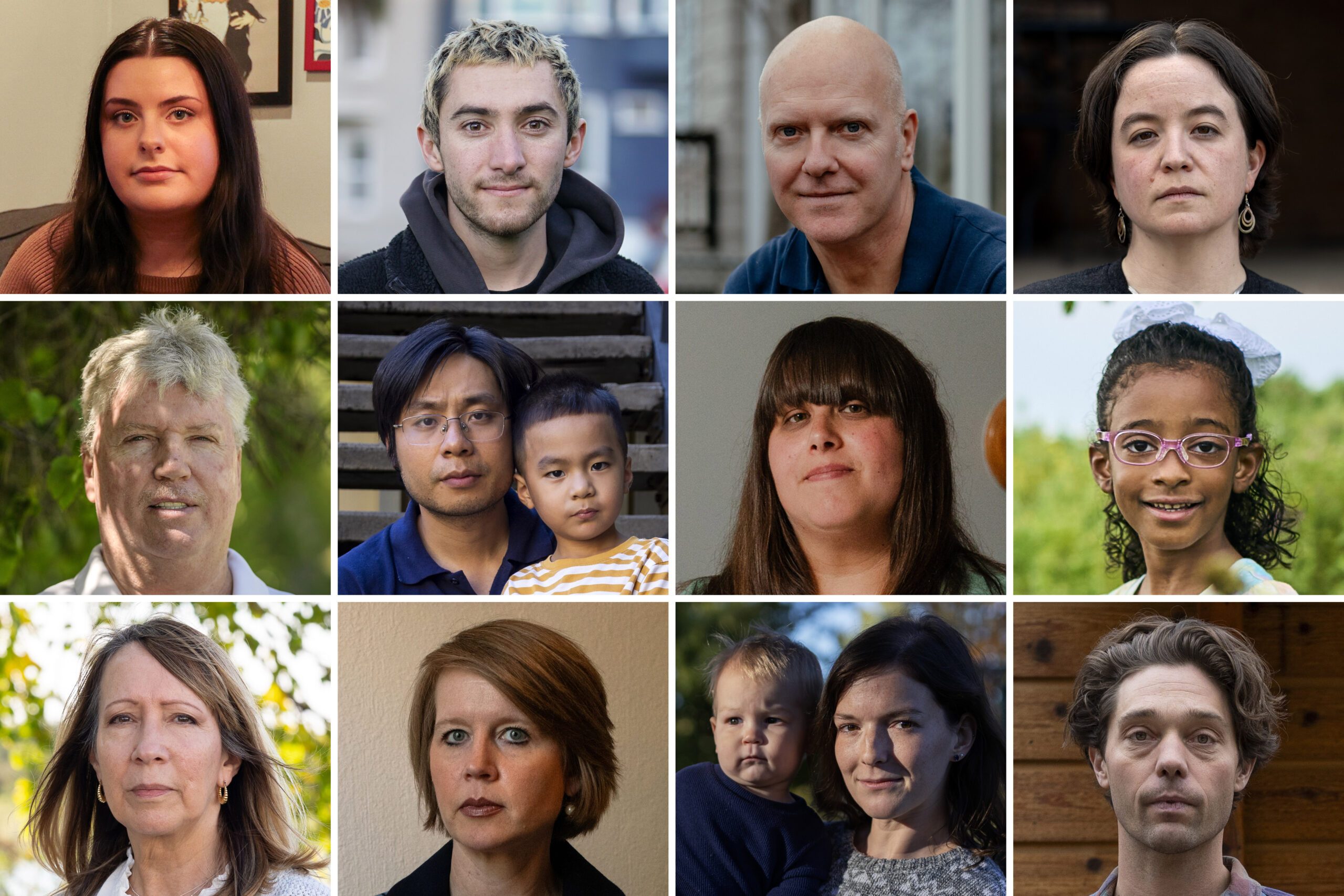By Amy Zellmer
“Mindfulness clears the windshield of the mind so that we can see things as they really are.” Travis Eliot
 What is Mindfulness?
What is Mindfulness?
A state of nonjudgmental awareness of what’s happening in the present moment, including the awareness of one’s own thoughts, feelings, and senses.
You act mindfully when you listen to a song you love, and notice every tiny detail in the sound. Or maybe you’ve felt anxiety before a big event like a wedding or a job interview, and acknowledged that feeling and chose to simply accept it.
Components of Mindfulness
Awareness:
During a state of mindfulness, you will notice your thoughts, feelings, and physical sensations as they happen. The goal isn’t to clear your mind or to stop thinking — it’s to become aware of your thoughts and feelings rather than getting lost in them.
Acceptance:
The thoughts, feelings, and sensations you notice should be observed in a nonjudgmental manner. For example: if you notice a feeling of nervousness, simply state to yourself: “I notice that I am feeling nervous.” There’s no need to further judge or change the feeling.
Benefits of Mindfulness:
- Reduced symptoms of depression and anxiety
- Greater satisfaction within relationships
- Improved memory, focus, and mental processing speed
- Reduced rumination (repetitively going over a thought or problem)
- Improved ability to adapt to stressful situations
- Improved ability to manage emotions
Mindfulness Practice
Mindfulness is a state of mind, rather than a particular action or exercise. However, without practice, mindfulness is difficult to achieve. These techniques are designed to help you practice.
Mindfulness Meditation:
Sit in a comfortable place and pay attention to your breathing. Notice the physical sensation of air filling your lungs, and then slowly leaving. When your mind wanders — which it will — simply notice the thoughts and bring your attention back to breathing.
Mindfulness Walk:
While walking, make a point to practice mindfulness. Start by noticing how your body moves and feels with each step. Then expand your awareness to your surroundings. What do you see? Hear? Smell? Feel? This technique can also be expanded to other daily activities.
Mindful Emotions
In the moment, distressing emotions may seem impossible to overcome. However, over time these emotions will lessen in intensity and eventually fade away. Use the acronym ACCEPTS for seven techniques for distracting yourself from the distressing emotions until they pass.
- Activities — do an activity requiring thoughts and concentration
- Contributing — do something that allows you to focus on another person
- Comparisons — put your situation in perspective by comparing it to something more painful
- Emotions — do something to create a new emotion that will compete with your distress
- Pushing away — avoid a painful situation from your mind using techniques such as imagery
- Thoughts — use a mental strategy or activity to shift your thoughts to something neutral
- Sensations — find safe physical sensations to distract you from distressing emotions
—
This post was previously published on The Brain Health Magazine.
***
You Might Also Like These From The Good Men Project
 .10 Things Good Men Should Never Do in a Relationship
.10 Things Good Men Should Never Do in a Relationship  The One Thing Men Want More Than Sex
The One Thing Men Want More Than Sex  .. In Modern Relationships, We Cheat Every Single Day
.. In Modern Relationships, We Cheat Every Single Day  Here’s What Happens When You Find The One
Here’s What Happens When You Find The One Join The Good Men Project as a Premium Member today.
All Premium Members get to view The Good Men Project with NO ADS.
A $50 annual membership gives you an all access pass. You can be a part of every call, group, class and community.
A $25 annual membership gives you access to one class, one Social Interest group and our online communities.
A $12 annual membership gives you access to our Friday calls with the publisher, our online community.
Register New Account
Log in if you wish to renew an existing subscription.
Username
First Name
Last Name
Password
Password Again
Choose your subscription level
- Yearly - $50.00 - 1 Year
- Monthly - $6.99 - 1 Month
Credit / Debit Card PayPal Choose Your Payment Method
Auto Renew
Subscribe to The Good Men Project Daily Newsletter By completing this registration form, you are also agreeing to our Terms of Service which can be found here.Need more info? A complete list of benefits is here.
—
Photo credit: iStock
The post Mentally Mindful appeared first on The Good Men Project.
Original Article










